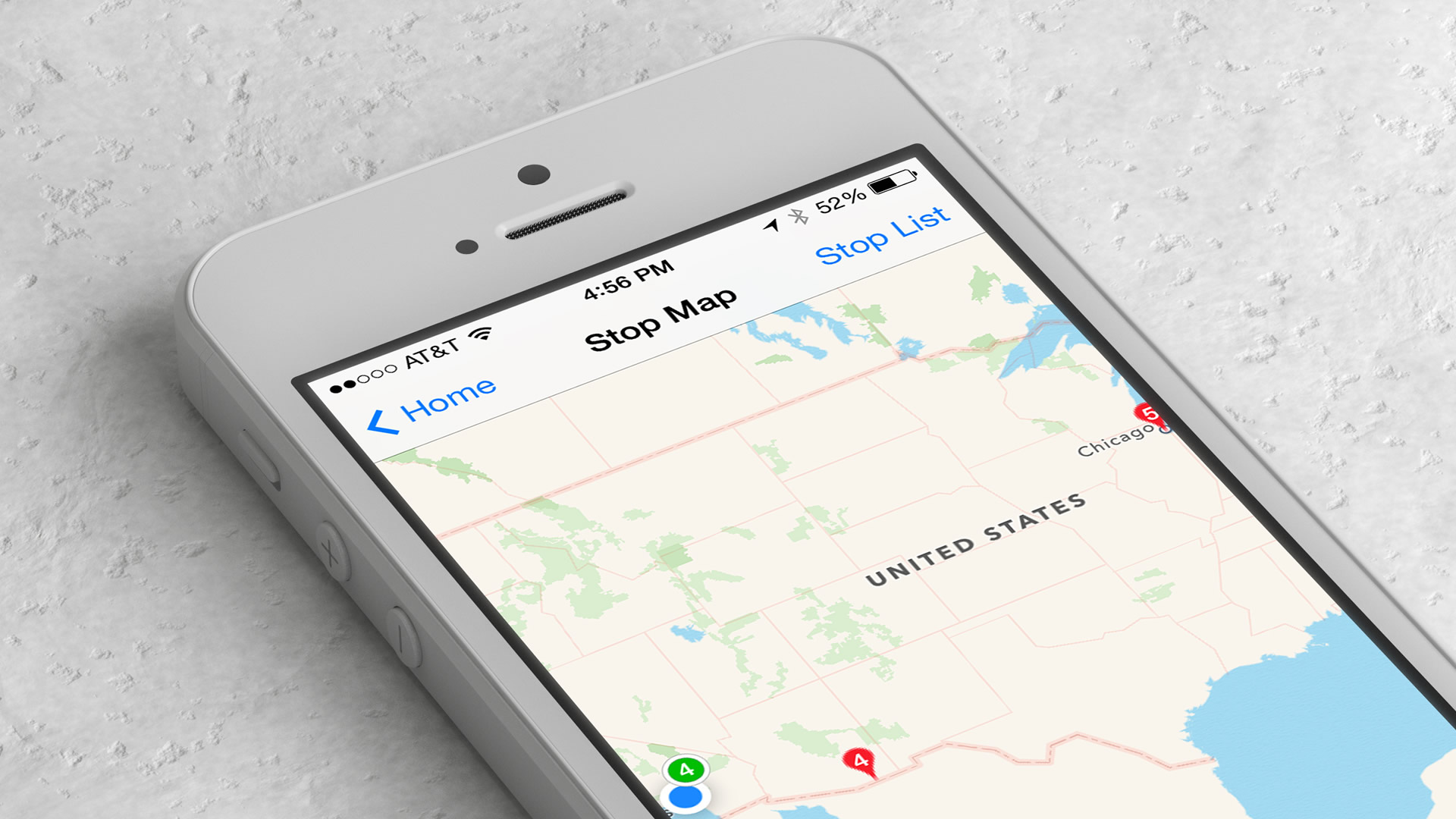We frequently talk about labeling software, but many manufacturers must also consider their hardware just as closely as their software. Manufacturers must ask themselves questions like, “Will a consumer-grade mobile device be a better option than an industrial-grade dedicated barcode handheld? What is the device’s lifespan and is it compatible with my operating system and mobile software?
Our partners at RFgen dive into the pros and cons of each of these options to help manufacturers make the best decision for their business. Some key areas they dove deeper into were Total Cost of Ownership, functional requirements, and Industry-Specific needs. We will look at each in detail to understand the benefits and drawbacks that each device may provide.
Total Cost of Ownership
As with any electronic device, there are bound to be issues that require research, repair or replacement. Most Consumer devices will be less expensive to purchase than an industrial-grade device initially, but that shouldn’t be the only factor considered when determining the best fit. To truly determine the Total Cost of Ownership (TCO) you must take into consideration the following:
- Maintenance
- Replacements
- Potential Downtime
- Lost Productivity
Functional Requirements of Barcode Scanners
You must always consider the functional requirements of your business when looking at hardware, software, or any product. It needs to create efficiency and effectiveness, not hinder it. Some barcoding factors to consider are scan volume, scan range, and speed per scan. These factors are where you will most likely see the biggest differences between consumer devices and dedicated handhelds, with dedicated handhelds coming out as a clear winner. Those businesses that are already handling large volumes of inventory will want to focus on a dedicated handheld from the get-go, it will truly provide them with all the functional requirements they need.
Industry-Specific Needs and Solutions
There is not a one-solution-fits-all when looking at different industries. Each has its own set of unique requirements and needs. Here are a few for reference:
- Manufacturing– large, industrial buildings with heavy machinery, dust, and high noise levels that may require sturdy tables and dedicated mobile handhelds that can withstand drops and exposure to dust and liquids.
- Transportation and Logistics– changing weather conditions and on-road access to services require GPS-enabled handhelds that also have off-network capabilities.
- Food and Beverage– Fast-paced environments that vary in temperature from hot or cold to wet or dry. Wi-Fi dead zones require moisture- and temperature-resistant devices.
- Retail– customer-facing environments that may prefer a sleek, user-friendly consumer tablet or smartphone capable of handling a point-of-sale transaction or inventory check simultaneously. Think of some of your most recent retail experiences with salespeople using a handheld device to assist you.
Whether your business needs determine that a consumer-grade or industrial-grade handheld is the answer, you must ensure whatever your hardware solution is, that it can seamlessly integrate with your existing business solution. Having a partner who can provide consultation, project planning, and project execution can make this process much less overwhelming. The Pragmatyxs team of consultants is ready to walk through the options, help you ensure your decision best meets your business needs, and ensure your team has limited downtime during a changeover.
